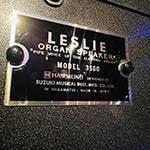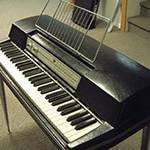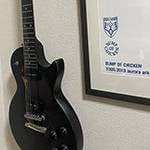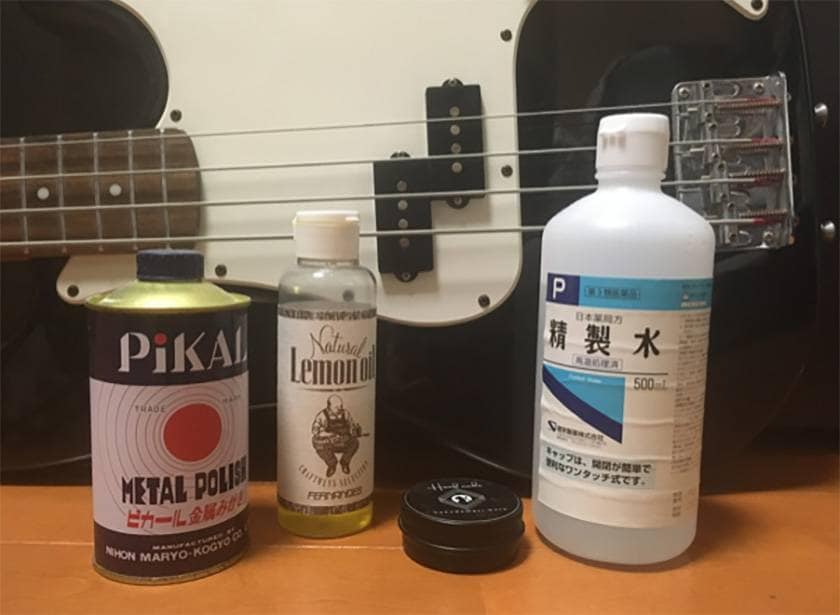
Cheena: As the year-end approaches, it’s a great time to give our instruments a good cleaning, too.
Note: The cleaning methods described in this article are simply our preferred techniques and are not meant to be seen as the only way or the best approach.
- Profile -
Cheena: I’m often thought of as someone who only experiments with heavy modifications, but I do make sure to properly clean and adjust other people's instruments.
→ Cheena's Articles
Nemoto: Since I’ve had to make do with limited funds, I have quite a bit of experience with cleaning instruments.
→ Nemoto's Articles
Nemoto: When it comes to cleaning, the methods and precautions vary greatly depending on the instrument's condition (how dirty it is, the type of finish, the age, the materials used).
So, for this article, we’ll first introduce a scenario, and then explain how we would clean it for that case.
Let's start with a regularly used poly-coated instrument (excluding vintage ones). This is the most common situation.
Cheena: Since the paint layer is stable, there are various approaches. For a regularly used instrument, it probably won’t have too much dust, so the key challenge is whether we can remove the oils and skin residue.
Nemoto: Let me explain my method.
What you need are a damp towel that's wrung out well, a dry towel, and a cleaning cloth. Gently wipe the instrument with the damp towel, then use the dry towel to remove any moisture, and finish by wiping it down with the cleaning cloth. This is a super cost-effective method without using any chemicals. Unless the dirt is really stubborn, this should be enough. It doesn't even matter what type of finish it has. I recommend using lukewarm water instead of just cold water, as it has better cleaning effects.
The key is to wipe while it’s still damp. Once it dries, the streaks are hard to remove.
For the final wipe, I use chamois leather.
GALAX / Global Chamois Leather
Cheena: If you're worried about water spots, you can use purified water to avoid them, but the problem is that it's about 100 yen for 500ml.
So, it’s not ideal for quick cleaning or when you need to do it in large quantities. In those cases, you can just use purified water for the last one or two wipes.
As for me, I use a fiber cloth for wind instruments and a silver cloth. The YAMAHA silver cloth is large and inexpensive, and when it comes to lacquer finishes, it can wipe off oils and minor stains left by chemical liquids.
YAMAHA / PCDXL3 Polishing Cloth DX L Size
So far, there haven’t been any issues with the finish, but since this is a product meant for a different purpose, please use it at your own risk. It's designed for metal lacquer finishes, so I’m not sure if it’s suitable for wood-based nitrocellulose lacquers.
Nemoto: Come to think of it, you’re right. I’ve never had to order a large amount at once, so that was a blind spot for me.
The silver cloth is super convenient. I’ve been using it ever since you told me about it.
Cheena: Also, a brush might be good. Even a cheap 100 yen one can help with dust around pickups and bridges.
Ootsuka Brush Manufacturing Co., Ltd. / Plugre Sujihira 50mm
Nemoto: I also use a brush. A slightly firmer tip is easier to use.
Shall we move on to the next one?
"A guitar that seems to have been left in storage for a few years. Bought for 1000 yen at a recycle shop."
This is a typical purchase for a modification project.
Cheena: "Left in storage for a few years" probably means it was abandoned by a beginner, and "1000 yen from a shop" suggests it’s a cheap guitar. So, I guess this one has a urethane finish?
It’ll probably have mysterious dirt and rust, so I’ll use metal polish and compound to clean it. Though, when modifying, I might just strip it without cleaning it if I’m going to refinish it.
Nemoto: For me, I remove all the parts and wash everything with dishwashing detergent, a brush, and a sponge. It’s a hassle to reassemble everything, but the dirt comes off really well. It helps to clean the dust off the smaller parts too.
For metal parts and dirt that detergent can’t remove, I use Piccal (metal polish) or steel wool to polish. Piccal works surprisingly well on the body (since it's a metal polishing agent, use at your own risk).
By the way, the Piccal I’m referring to is the liquid type. If you use the paste, it might scratch too much.
Cheena: Detergent is good too. Piccal is oil-based, so you’ll need to remove the oil residue with neutral detergent or alcohol.
Oh, by the way, alcohol can really help get rid of cigarette smell. Tar is another story, though... you’ll end up fighting with detergent to get rid of that...
Nemoto: Instruments with tobacco stench are becoming rarer these days. I can feel that the number of smokers is decreasing.
Let’s move on.
"A poly-coated Japanese vintage made in the 1970s."
Guitars made in the 60s are becoming harder to find, but the ones made in the 70s are still pretty common.
Cheena: This is a bit tricky... but I guess the basic approach is using purified water and Kimwipes, right?
That said, polyurethane is a polymer that can easily undergo hydrolysis with age, so depending on the situation, I might clean it with lighter fluid...
Nemoto: As for me, I would probably use ARIA's SB-8 (Polish).
I bought it a long time ago in a maintenance kit, and I’ve been using it for years since. The cleaning effect isn’t particularly impressive, but it’s cheap.
From my experience, the '70s Yamaha, Tokai, Greco, and Aria guitars often have a durable finish that holds up well even with Piccal. I’ve never encountered a guitar like that from Fernandes though. I haven’t worked with any 70s Ibanez guitars either!
Cheena: That’s the quality of Japanese-made gear...
Nemoto: Seriously, they’re sturdy. The paint layers are thick and tough.
In Europe, they say Japanese guitars are more popular than American ones because they hold up well even in high-temperature, high-humidity environments.
Next, we have a guitar with a lot of stickers on it. The goal is to avoid damaging the stickers as much as possible. Minor scratches and peeling are acceptable, but large-scale fading or peeling of the stickers is not.”
This starts to get more complicated.
And this is a bit late, but yes, hiding small scratches with wax is possible.
Cheena: Guitars with stickers, I feel like people often consider scratches as part of the "character" of the instrument, while the dirt is the main issue...
So, for me, I would start by using lighter fluid and a cotton swab to carefully clean off the dirt. If there’s adhesive residue (from where a sticker was peeled off), I use a sticker remover and apply it precisely to clean it up. For larger areas, I’ll use masking tape to lift off the dirt and any residue at once.
Honestly, I’d like to paint over the stickers and lock them down with a solid finish, but...
Nemoto: I remember being told, “If you’re polishing it and the sticker starts lifting or falling apart, and it’s all sticky and uncomfortable, do something about it. But don’t remove the sticker,” when I was younger...
Back then, I carefully cleaned around the stickers, masked them off, applied wax, and then coated them with something like walnut oil. I can’t quite remember exactly what I used...
Cheena: Now that’s a tough situation. Alternatively, you could ask for permission to peel all the stickers off and maybe even laminate the whole thing.
Nemoto: That’s a good idea... I didn’t even think of that.
Cheena: Well, it would change the look, and it’s a lot of work, but from a sticker protection standpoint, I’d prefer something like an acrylic topcoat.
Now, shall we move on to the next one? What do you think...?
Nemoto: Alright.
How about cleaning a lacquer finish that hasn’t been cleaned since the owner bought it 5 years ago? The owner is resistant to using chemicals on the lacquer finish.
So, it’s somewhat dirty, but the finish itself is still in good shape. There are quite a few people like this.
Cheena: No polish allowed, huh? How do we define "chemicals" in this case?
Nemoto: Good question.
For the readers' sake, let’s say it includes things like polishes, waxes, and cleaners that are specifically labeled as "for instruments." Things like lighter fluid, which you can get at a 100 yen shop, are also fine.
Personally, I’d go with something like Turtle Wax Scratch & Swirl Remover. I use this quite often. Of course, it’s important to test it first.
TURTLE WAX / Scratch & Swirl Remover
Cheena: As for me... If it's nitrocellulose, I’d go with something like this. Alcohol isn’t a solvent for nitrocellulose, so it should be safe. On the other hand, alcohol is a no-go for acrylic finishes... so maybe I’d use lighter fluid, which is mainly made of hexane. Hmm... but that might be risky.
If there’s no time for testing, I’d just go all-in with distilled water and deal with it the hard way.
It's true that alcohol can seep through small cracks in acrylic and cause cloudiness or cracks. Recently, a company called Zuwey has been selling cheap acrylic guitars and basses, and even with thick finishes, they’re susceptible to the same issues.
Nemoto: Using water is definitely the right move, but if it’s still too thick, I prefer using a polish or cleaner. If it’s too soft, though, that’s no longer an option.
Cheena: Yeah, they just peel or get eaten away so easily... Lacquer finishes are really tricky to clean.
Nemoto: I’m planning to use this on my recently bought Gibson SB-400 (1971 model). I’m curious to see how it performs.
Cheena: That sounds like a solid polish. But the name and the packaging are something else... Lizard Spit (reptile spit) with that flashy, pop-style American font. It's a little wild.
Nemoto: America definitely has a penchant for flashy things. It's, in a way, both pragmatic and, at times, a bit rough around the edges. I feel that especially when it comes to how Americans buy cars.
Let’s do the next one. Oil finishes is simple.
Cheena: For oil finishes? I think the best choice is Ken Smith’s products.
KEN SMITH / CLASSIC WAX POLISH
If you warm up the wax with a soldering iron or a heat gun, it makes the wax polish much easier to spread. Once it softens, you can wipe it all off in one go. I find that method the easiest.
Nemoto: I usually start by wiping with water and then use AX-WAX from the Duck brand.
When I apply wax, I always wear rubber gloves. I take some wax on the gloves and carefully apply it before buffing it off with a cloth. It’s easier to work this way, especially around hard-to-reach places like around the strap pins. This is why I prefer this method.
Cheena: Gloves do sound convenient. Maybe dusting gloves could be another option for cleaning?
Nemoto: Yeah, once you're done, just toss them in the trash. No need to wash them, so it's hassle-free. Plus, you don’t risk absorbing chemicals or wasting them. When I do some maintenance on the fingerboard, I still prefer to use my bare hands. If you don’t have gloves, you could wrap plastic wrap around your index and middle fingers as a substitute. And if you fold the wrap carefully, it becomes a disposable cloth (just be sure to wipe it off since it won't absorb liquids). But cheap plastic wrap can break apart too easily, so I don't recommend using that.
I guess that's pretty much it? The rest of the time it's just stiff vintage and double bass, so I don't have much experience with it.
Cheena: Yeah, once you get into vintage instruments, it’s often safer to rely on a professional shop for cleaning.
Oh, and the reason I mentioned this article is because I used the Lizard Spit satin finish cleaner earlier.
Nemoto: MP30? Looks like they make a lot of different chemicals.
Cheena: Yep, that’s the one.
Lizard Spit / MP30 NEVER-Gloss Cleaner
They also have a carnauba wax-based polish spray, which is pretty interesting.
Nemoto: Oh, I see. Carnauba wax is used in many products, but there’s often a lot of variation in quality, so I don’t want to risk buying some useless cheap stuff. I wonder if Lizard Spit is a reliable brand?
I haven’t actually received my order yet, though...
Cheena: Is there some inconsistency in quality? Well, since carnauba wax comes from the leaves of a palm tree native to Brazil, some level of inconsistency is inevitable... But I feel like it has more variation than shellac or urushi. Not sure why that is.
Nemoto: I've heard that carnauba wax is kind of branded now, so sometimes it gets substituted or mixed with lower-quality stuff (like there might even be some trash mixed in). I don’t know if it’s true, but stories like that are pretty common.
Cheena: Unlike beeswax, it's harder to make your own carnauba wax, which is another problem... At the end of the day, it’s best to buy from a reliable source rather than risk it.
Nemoto: Yeah, it's best to avoid jumping on the cheap stuff. If the price seems a little too cheap, there's usually a reason for it. It's an obvious truth, but still.
I think we've covered most of it. Shall we wrap it up?
Cheena: Yeah, it’s probably time to close this out. And that wraps up the cleaning session for today!
Nemoto: Thanks for reading!
The “sound & person” column is made up of contributions from you.
For details about contributing, click here.





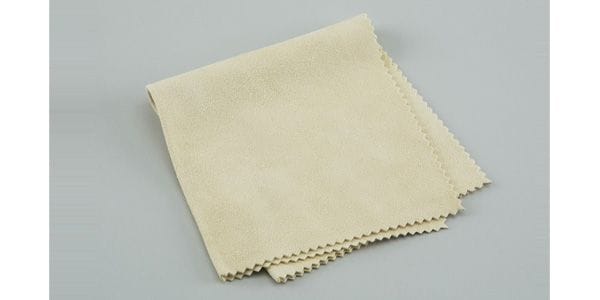
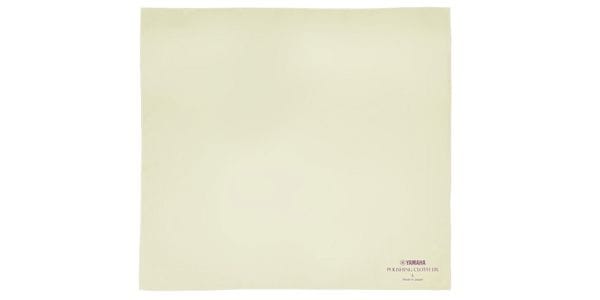
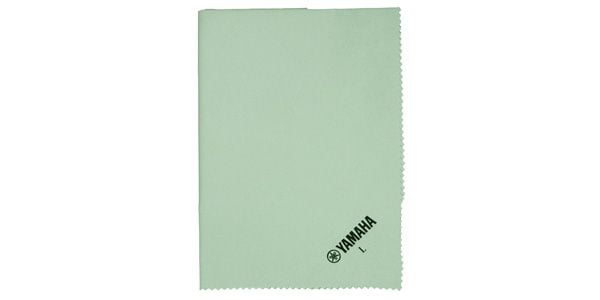
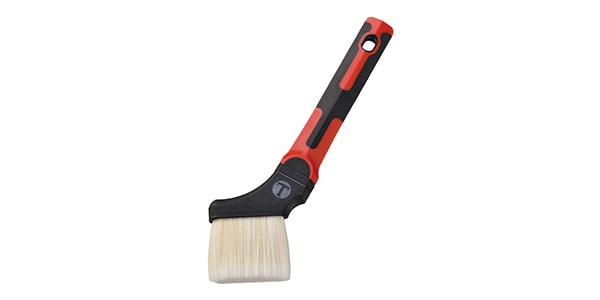
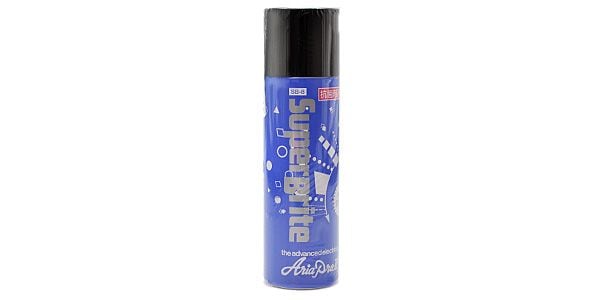
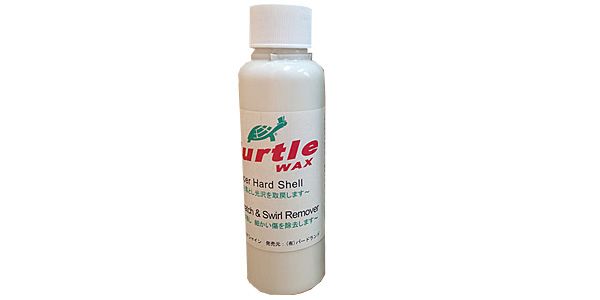
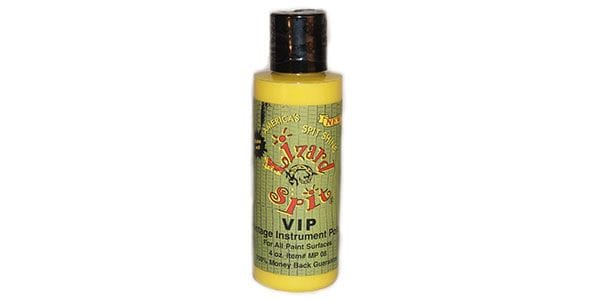
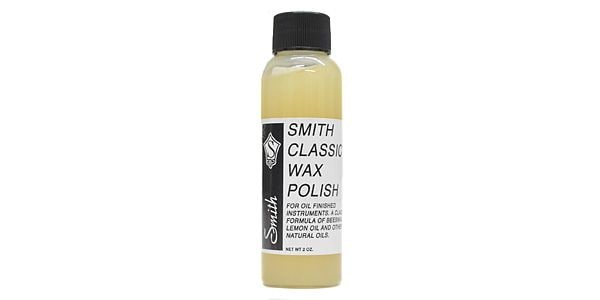
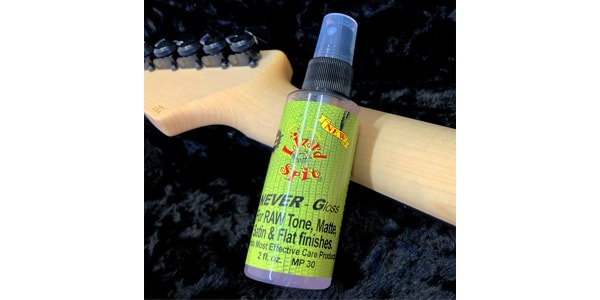





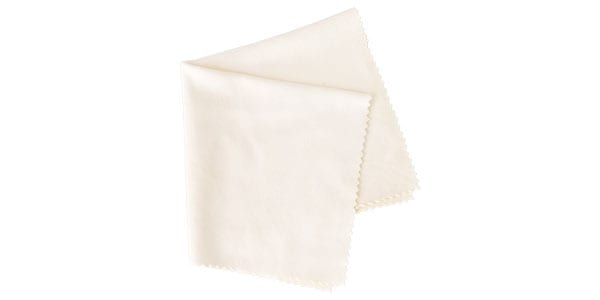




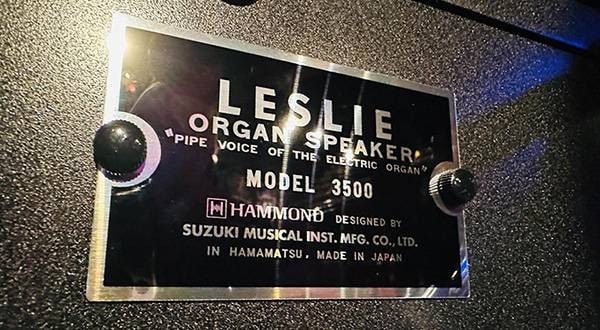
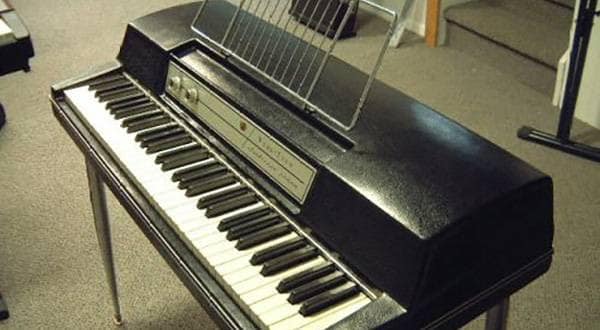
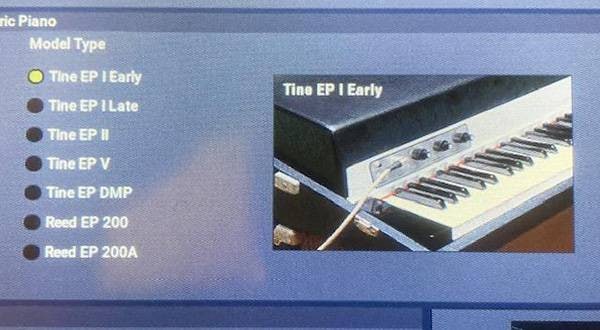
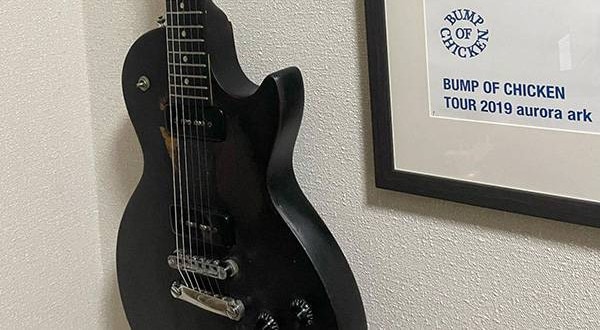
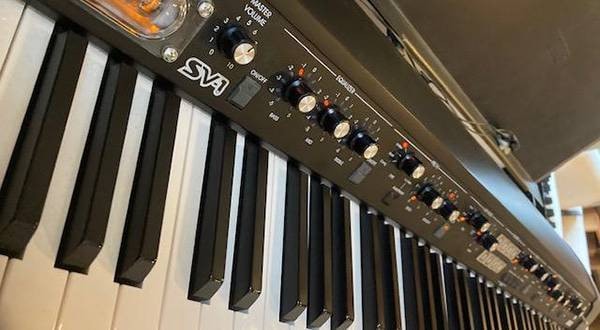
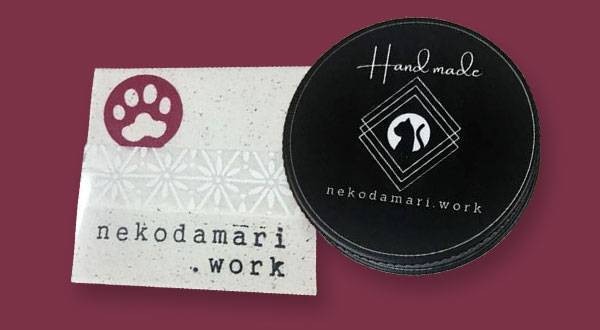
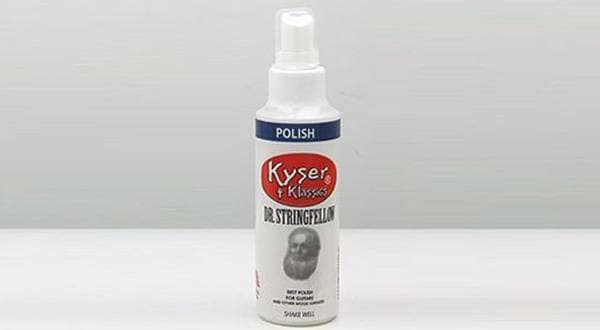

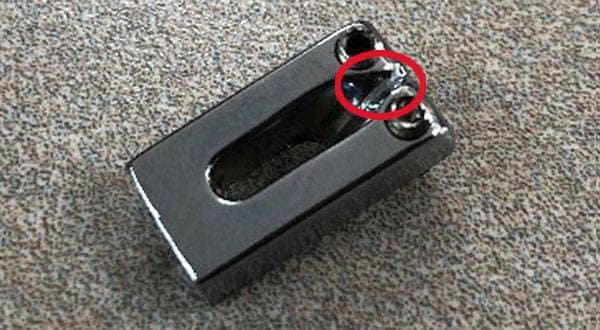
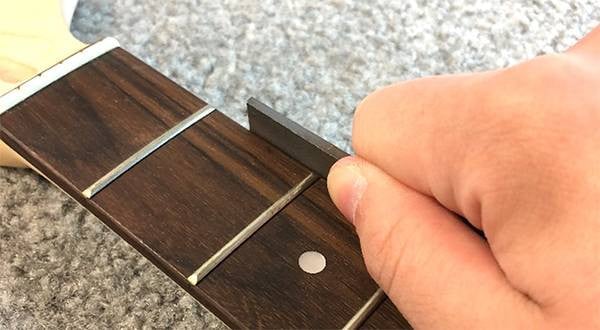
 基礎から学ぶベースレッスン
基礎から学ぶベースレッスン
 DIY ギターメンテナンス
DIY ギターメンテナンス
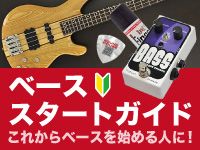 ベーススタートガイド
ベーススタートガイド
 超オススメのフレーズ道場 ベース
超オススメのフレーズ道場 ベース
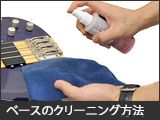 ベースのクリーニング方法
ベースのクリーニング方法
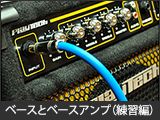 ベースとベースアンプ(練習編)
ベースとベースアンプ(練習編)
